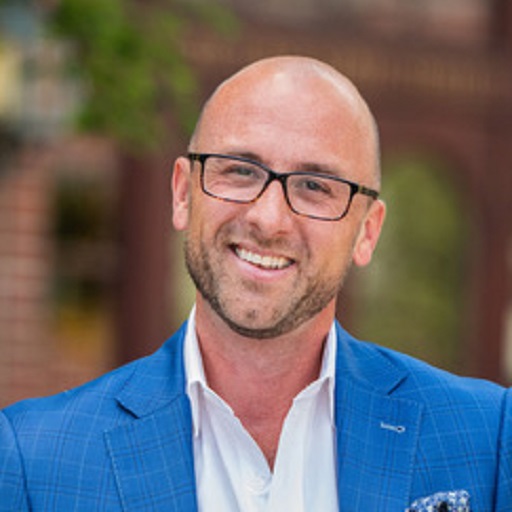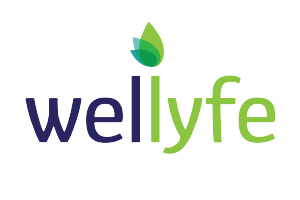SPONSORED CONTENT
The 340B drug pricing program, which allows eligible healthcare providers known as covered entities to purchase medications at a reduced price, has been an incredibly valuable tool for providing affordable healthcare to underserved populations. However, the benefits of the 340B program go beyond just reducing the cost of medications. Covered entities that also act as pharmacy benefit managers (PBMs) for health plans in their community can leverage the program to create a circular healthcare economy that benefits not just the covered entity, but the entire community.
When a covered entity acts as a PBM for health plans in their community, they are able to negotiate lower prices for pharmaceutical products on behalf of their health plan clients. These lower prices can be passed on to patients, as health plans can offer lower out-of-pocket costs for prescription drugs. Moreover, by serving as a PBM, the covered entity is able to increase its volume of drug purchases, prefer their own on-site and contract pharmacies over the traditional PBM pharmacy network which in turn can boost their 340B savings. The added savings can then be reinvested in the covered entity’s uncompensated and charitable care programs, which assists underserved patient populations that may not have access to affordable healthcare.
By leveraging the benefits of the 340B program as a PBM, a covered entity invests its resources locally. By reducing the cost of medications and increasing the volume of drug purchases and dispensing all medications at locally owned pharmacies, including specialty therapies, the covered entity can create greater demand for healthcare services in their community. This increase in demand can then translate into more revenue for the covered entity, enabling them to meet 340B’s purpose of “stretching scarce federal resources as far as possible, reaching more eligible patients and providing more comprehensive services”.
The benefits of a circular healthcare economy go beyond cost savings and revenue generation. As a covered entity increases its capacity to provide care to underserved populations, they can also improve the health outcomes of individuals in their community. This, in turn, can lead to fewer emergency room visits, lower rates of chronic illness, and a higher quality of life for patients. By expanding access to care for underserved populations, covered entities can also address health disparities related to income, race, and other social determinants of health.
Wellyfe is a national direct pharmacy care and on-site pharmacy solution. We specialize in community health to ensure access to equitable, sustainable, high-quality, localized pharmacy care through the disintermediation of traditional systems

Ryan Paul, PhD, MSGH, is the CEO at Wellyfe. He can be reached at ryan@wellyferx.com.



